Figuring out CBS’ 38 master’s programs will soon be easier: A student dreams of a system that can “spit out my options just like that”

(Photo: Anna Holte)
Students, faculty and employers are struggling to make out CBS’ master’s programs. A new structure aims to ensure better communication and more collaboration between programs.
When bachelor students want to apply for a master’s degree at CBS, they can scroll through and read about the 38 different programs offered and, based on that information, choose the right program for them.
But if you ask CBS student Tomas Vemola, that is easier said than done.
“When I talk to my fellow students at Digital Management who want to apply for a master’s degree, they say figuring out whether they are legally entitled or whether they have the ECTS and courses required to meet the admission criteria is tricky. The communication about the programs varies depending on what program you are considering, and finding the right information can be hard. All in all, it should be simpler to figure these things out,” he says and continues:
“We need a simpler and digitally-enabled system that can take in our data; our bachelor’s degree, our electives, ECTS and so on, and spit out our options. That would make it much easier to choose and research specific programs, and lift the burden from the student guidance counselors’ shoulders.”
Tomas Vemola is part of the so-called Graduate Portfolio Review Committee, which, since December 2019, has been analyzing and discussing the need for a new structure for the master’s programs at CBS, as well as drafting a proposed new structure to clarify the programs.
The first version of the new structure categorizes the programs into six ‘program groups’; General Management, Finance and Economics, Markets and Society, Leadership and Organization, Digitalization and Operations and finally Innovation and Entrepreneurship. This new structure was presented at a Teams Hall meeting on May 18 and has been sent to all master’s program Study Boards for input.
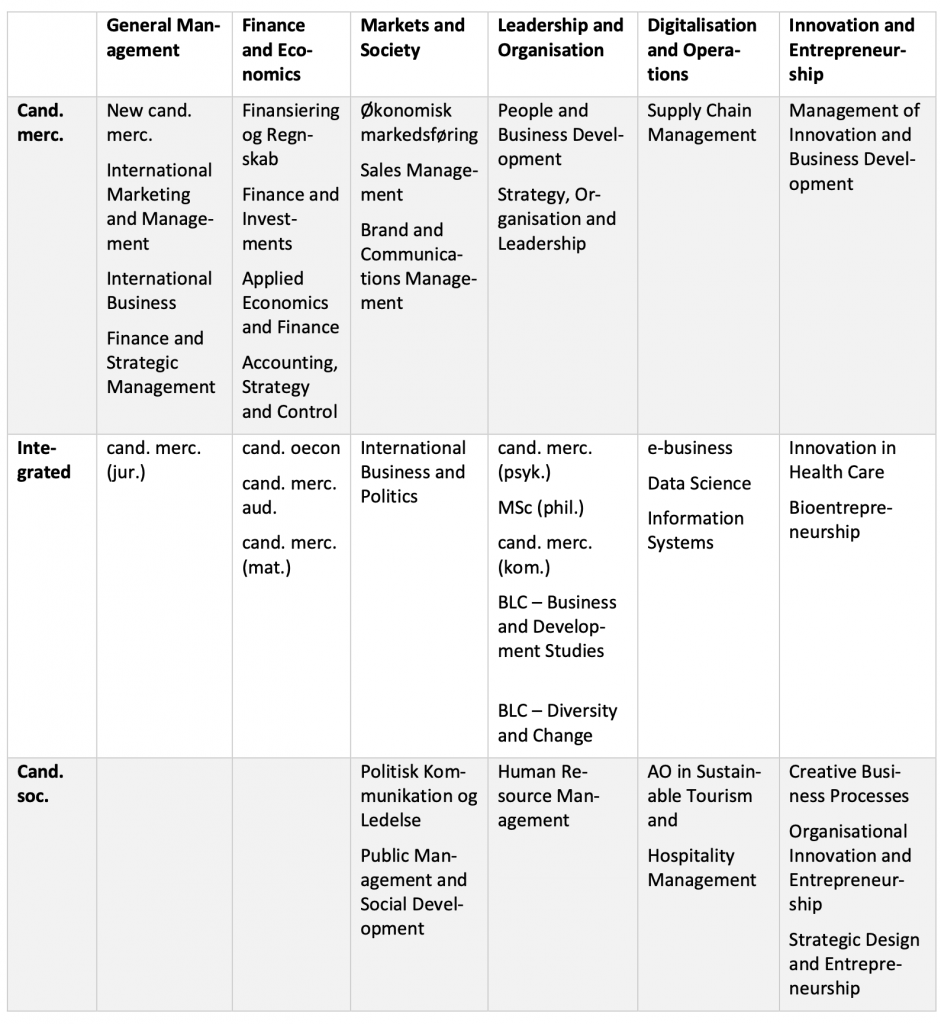
In November 2019, the Senior Management decided to review the programs in order to investigate possible adjustments, as the legal entitlement for the MSc in Economics and Business Administration (cand.merc) will change in 2023.
In the first phase of the process, the committee identified challenges in the current portfolio.
“It is hard for students to make the right choices and find their way through the programs we offer. It is also difficult for employers to distinguish between the programs and who they want to hire, and it is hard for faculty to know where they should teach. A lack of structure is hindering making wise choices,” says Gregor Halff, the Dean of Education and head of the committee.
Not just a communication problem
At the moment, prospective graduates can read about the different programs at CBS.dk or my.cbs.dk, but the information and programs should be presented in a better structure, claims
Anne Vestergaard, Associate Professor and Program Director of Cand.merc.kom, another member of the Committee.
“The structure can provide an overview and understanding of how the programs, which on the surface look similar, are differentiated. A clear structure is in itself a strong form of communication,” she says and continues:
“And not only external communication, but also internally. A structure can show us common interfaces between the programs and the potential for innovation and further development. In this way, to me this is not just a question of communication.”
Anne Vestergaard gives an example of how the new structure can be of use.
“If the legal entitlement for a bachelor program is not ideal, the new structure can help us pinpointing where this is the case and find a solution,” she says.
They spend a lot of energy and are anxious about whether they have chosen the right program, because it’s hard to figure out
Gregor Halff
Carsten Rohde, Head of the Department of Accounting and a member of the committee, welcomes a new structure for the graduate programs. He believes the new structure will make it easier to adjust the portfolio to meet demands from students and the business sector, and it has already given him a clearer overview of what “CBS is doing and what we deliver, and that’s good”.
“When we structure the programs into groups, it becomes clear whether we have too much or too little in the different categories. It’s easier to identify if we are lacking programs or aren’t good enough at covering some areas, or whether we have programs that overlap and need further differentiation,” he says.
Clear categories – clear choices
Gregor Halff hopes that the new structure will lead to “rich learning environments” within the program groups, as well as nurturing research and teaching development and collaboration related to approaching disciplinary questions.
He also believes that a clear structure will help students to pick the appropriate program.
“If students have chosen a program group, it will, from there, be easier to understand what a certain program stands for because of this program group. And the students can connect the programs with their own learning and career aspirations, and thereby make a conscious choice,” he says.
Are you saying that, as it is today, students can end up choosing the wrong program?
“I don’t know if they choose the wrong program, but they spend a lot of energy and are anxious about whether they have chosen the right program, because it’s hard to figure out,” he says.
Going forward, the Graduate Portfolio Review Committee will receive input from the Study Boards and will continue working on the draft, which will be discussed this autumn at a CBS Board meeting, before being finalized and ready for implementation.
Looking ahead, Carsten Rohde hopes the new structure will encourage more collaboration between the programs, but also a level of self-scrutiny.
“When you are grouped with programs within the same field, it becomes easier to see opportunities for collaboration, but it also shows if a program needs revising in order to differentiate it. And that’s a good thing. We need to ask ourselves whether the title matches the content. Do the students get what they sign up for? Those are questions we must continuously revisit, and I believe there is coherence, but there’s always room for considerations and improvements,” he says and adds:
“In that sense, the work we are doing now is good for many purposes.”



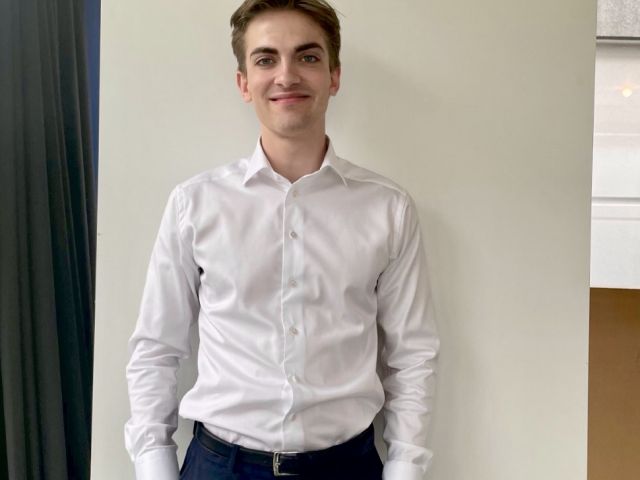
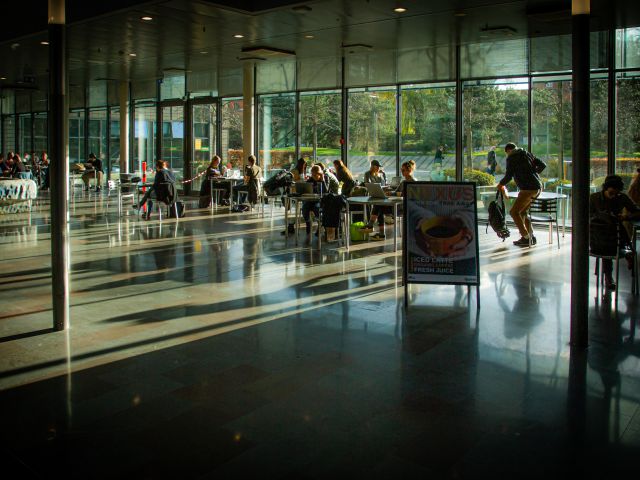
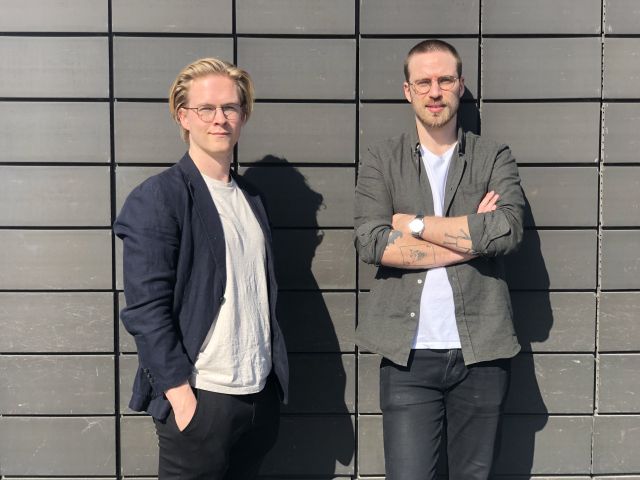
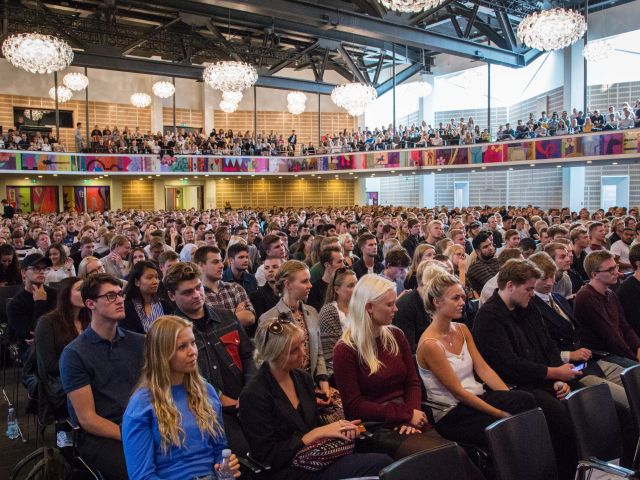
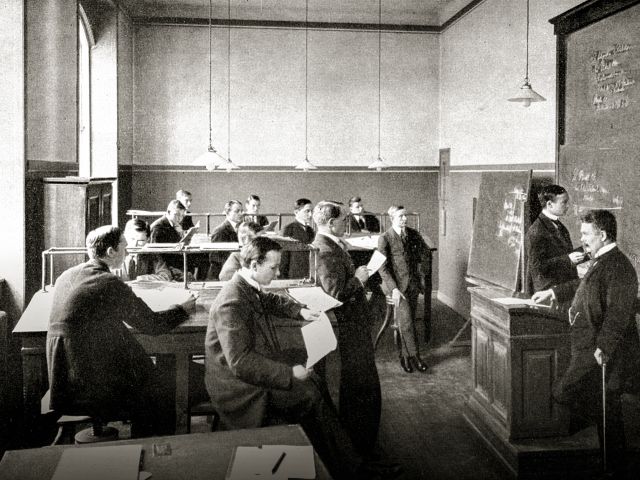

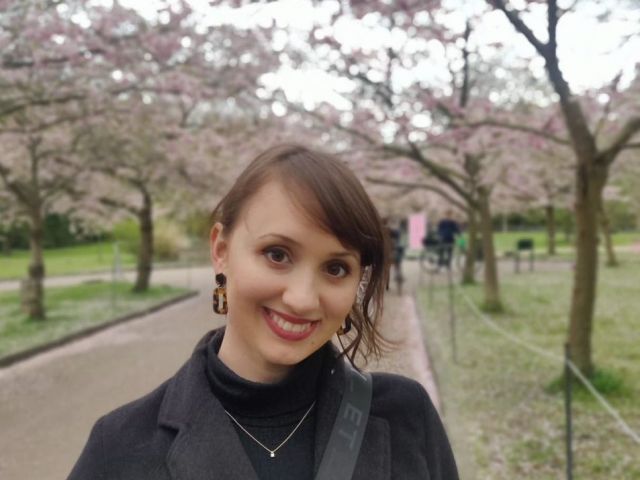




























































































































Comments